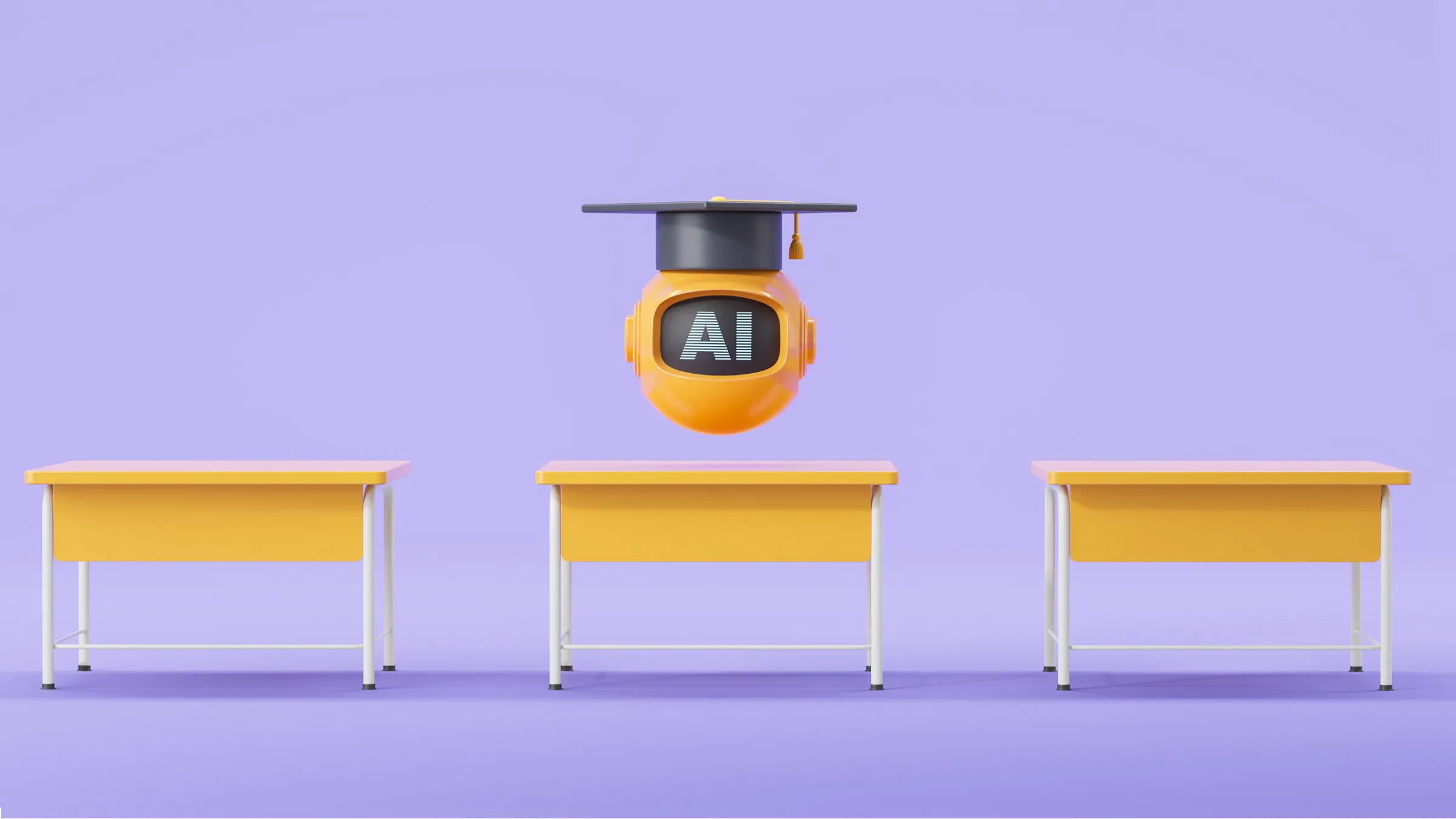
Underrepresentation in computing is a global problem, marked by a disturbing lack of access to computing resources and education among people underrepresented by race, ethnicity, gender, income, disability, and sexual-orientation status. It is urgent that we address this divide between those with and without the knowledge to create computational artifacts or even basic functional literacy. Important alliances for broadening participation (BP) are catalyzing efforts to engage more people in computing, but they are not enough. We need solid research as well.
The U.S. National Science Foundation (NSF) has funded eight current Broadening Participation in Computing Alliances to increase the diversity of computing students in the U.S. These alliances have built networks among diverse computing students and professionals while building capacity to improve the culture of computing. The National Center for Women & Information Technology (NCWIT; https://www.ncwit.org/) has mobilized over 600 organizations to recruit, retain, and advance women in computing. The Computing Alliance for Hispanic-Serving Institutions (CAHSI; http://cahsi.cs.utep.edu/) has provided mentoring and effective educational practices like peer-led team learning and the Affinity Research Group model to integrate undergraduates into research teams. The Alliance for Access to Computing Careers (AccessComputing; http://www.washington.edu/accesscomputing/) promotes inclusive practices and builds community for students with disabilities. The Institute for African American Mentoring in Computer Sciences (IAAMCS; http://www.iaamcs.org/) encourages undergraduate students in research, K–12 outreach, and participation in seminars and the Tapia Celebration of Diversity in Computing (http://tapiaconference.org/). Expanding Computing Education Pathways (ECEP; http://expandingcomputing.cs.umass.edu/) supports state-level computing education reforms. Into the Loop (http://exploringcs.org/) works to integrate rigorous computing courses in Los Angeles Unified School District high schools. The Computing Research Association-Women (CRA-W; http://cra.org/cra-w) and the Coalition to Diversity Computing (CDC; http://www.cdc-computing.org/) support Sustainable Diversity in the Computing Research Pipeline (http://cra.org/cerp/), and the Data Buddies project across programs. The STARS Computing Corps (http://starscomputingcorps.org) develops university and student leaders to serve local communities through regional partnerships and an annual STARS Celebration conference.
BP Research Needs
Alliances build support for underrepresented groups through extensive, interdisciplinary research at the boundaries of computing, education, and the social sciences, but such work is underestimated and undervalued, with few publication venues and low disciplinary recognition.3 To leverage the knowledge alliances are building, research is needed to identify what works, to replicate it, and to synthesize findings into a theoretical framework. Computing professionals and researchers must value this BP research, credit those doing this difficult work, and help them advance their careers. This can only happen with the support of a dedicated community that produces peer-reviewed conferences and journals.4 The STARS Computing Corps (http://starscomputingcorps.org) has helped foster this new professional community.
Since its founding in 2006, STARS has mobilized more than 80 faculty and 2,100 students at 51 colleges and universities to lead projects that broaden participation in computing. STARS has focused on BP interventions, such as student-led outreach projects that have reached over 130,000 K–12 students. At the annual STARS Celebration conference, STARS students and faculty share their work and meet with BP thought leaders. Support, recognition, and a peer-review process were enlisted from professional societies to expand the Celebration conference to include a new conference on BP research.4 The IEEE Computer Society Special Technical Community (STC) on Broadening Participation helped sponsor RESPECT’15, (Research on Equity and Sustained Participation in Engineering, Computing, and Technology, held August 13–14, 2015 in Charlotte, NC; http://respect2015.stcbp.org/). The IEEE Computer Society’s STCBP and the ACM Special Interest Group on Computer Science Education (SIGCSE; http://www.sigcse.org/), have helped establish a community that ensures rigorous BP research publications. These publications are available to IEEE and ACM members through the organizations’ digital libraries.
Research and the RESPECT Conference
The RESPECT interdisciplinary research conference draws on computer science, education, learning sciences, and the social sciences. It builds the foundation for broadening participation research. The first annual STCBP conference, RESPECT’15, was co-organized by STARS and co-located with the STARS Celebration (http://www.starscomputingcorps.org) to leverage and engage the existing activist-oriented STARS community in BP research. The RESPECT and Celebration conferences’ joint “RESPECT for Diversity” theme highlighted our common belief that the engagement of diverse people in computing is a matter of equity—all people deserve the opportunity to engage in work that is integral to solving increasingly complex global challenges.
We, as computing professionals, have a responsibility to improve computing culture to be more inclusive for everyone.
RESPECT’15 research papers showed BP programs are effective, and are more impactful for people from underrepresented groups. Many of these programs engage people from underrepresented groups in BP work—but this could, ironically, limit the diverse perspectives that impact technical innovations. Exploding demand for computing degrees is outpacing growth in computing programs—disproportionately impacting those without access to the “preparatory privilege” of extra experience in science, technology, engineering, math, and computer science.5 Zweben and Bizot7 found that the percentage of women in undergraduate programs in computing is continuing to decline. Robinson et al.6 studied diverse students, finding that subtle racial and gendered discriminations called microaggressions erode the culture and student experience in graduate engineering programs.
We, as computing professionals, have a responsibility to improve computing culture to be more inclusive for everyone. Educators should consider how to enable students to become more interested in and excited about computing. Professionals should reach out and help others learn computing by connecting through STARS, NCWIT, or other alliances. Parents can encourage their children to learn computing, and lobby schools to get computing in the curriculum. Leaders should consider how to change company culture and practices to create more diverse technical and leadership teams. These actions should be informed by emerging BP research, such as the RESPECT’ 15 proceedings.1 and the Computing in Science & Engineering special issue on the best of RESPECT.2 Those committed to broadening participation are welcome to join the IEEE Computer Society’s special technical community on Broadening Participation (http://stcbp.org) and to participate in RESPECT’16 and the STARS Celebration in Atlanta, GA, from August 11–13, 2016.




Join the Discussion (0)
Become a Member or Sign In to Post a Comment